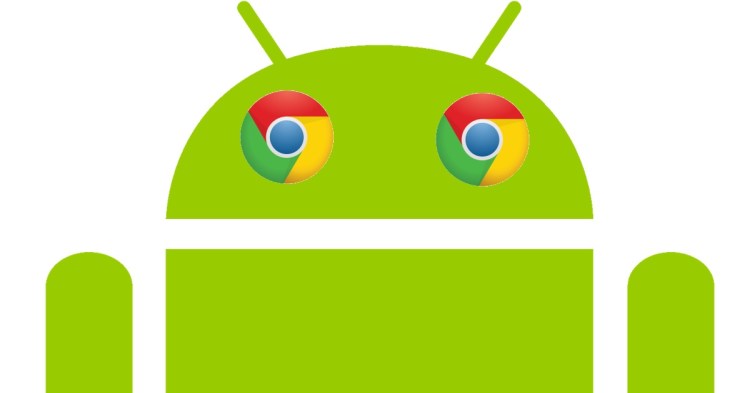Rumors that Google would merge Android and Chrome OS, or even just outright kill Chrome OS, have been coming and going for years. At its I/O 2016 developer conference, the company finally unveiled its grand plan: Android and Chrome OS aren’t merging (yet?), but their best features, respectively, are being ported over.
Late last year, when the Android and Chrome OS merging rumor resurfaced once again, I said there was only one feature that Google needed to bring from Chrome OS to Android, and that’s exactly what happened. On the first day of I/O 2016, Google unveiled that Android N will feature seamless updates.
This news was a surprise — It wasn’t rumored, nor did it leak in advance — and a pleasant one at that, especially for this journalist. It’s not every day that a feature request you make in a fun op-ed ends up being announced just half a year later.
Google was very upfront about where the feature came from: The upcoming Android N functionality is “inspired by how Chromebooks apply updates.” In short, devices running Android N or greater will be able to install system updates in the background. The next time you restart your new Android phone or tablet, it will boot up using the updated system image.
The other news we saw coming, and not just because it was rumored and leaked extensively, but simply due to the fact that Google promised it would happen. On the second day of I/O 2016, Google announced that Chrome OS was getting Android apps and games.
Even though this unveiling wasn’t a surprise, there were a lot of details that made it much bigger than it seemed at first glance. The whole Google Play store and the Android framework itself, not just the over 1.5 million apps and games, will be included in Chrome OS.
Let’s summarize. The most important feature in Android/Chrome OS is the app store/update system. Take it away, and you’re left with another easily replaceable mobile/computer OS. Instead, Google is bringing it to Chrome OS/Android.
Both features are coming later this year, and it’s certainly possible that key components will change. Still, we finally have a proper understanding of Google’s vision: Instead of merging Android and Chrome OS, or maybe before doing so, it’s bringing them closer together.
The two could still merge someday. In fact, by giving Android the dual partition system that Chrome OS uses, and by giving Chrome OS the Android framework, the two will start to resemble each other more and more.
In a few years, if Android becomes robust enough to work well on laptops, and the mobile Chrome browser becomes powerful enough, Chrome OS could become unnecessary. We’re a long way from such a point, but this year we’ll be closer to it than ever before.
Still, for now at least, Google was indeed telling the truth when it denied rumors and said that Chrome OS would live on alongside Android. Android and Chrome OS aren’t merging in 2016, but they certainly are converging.


